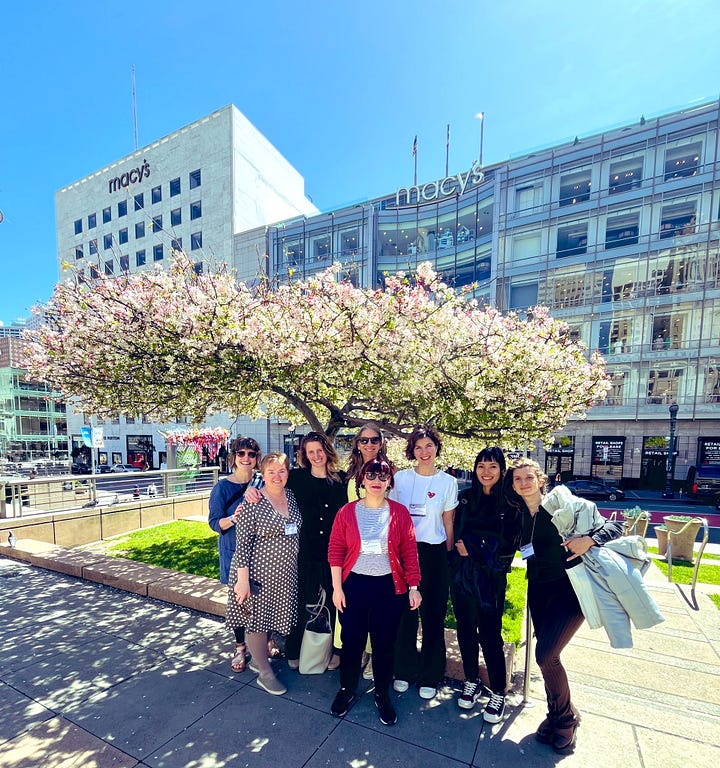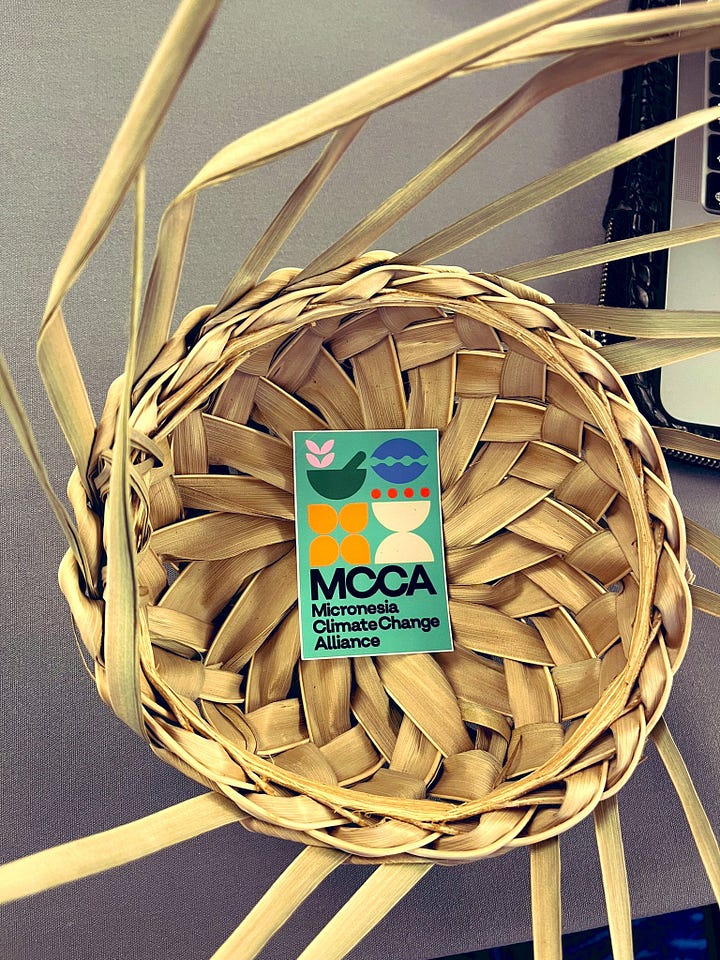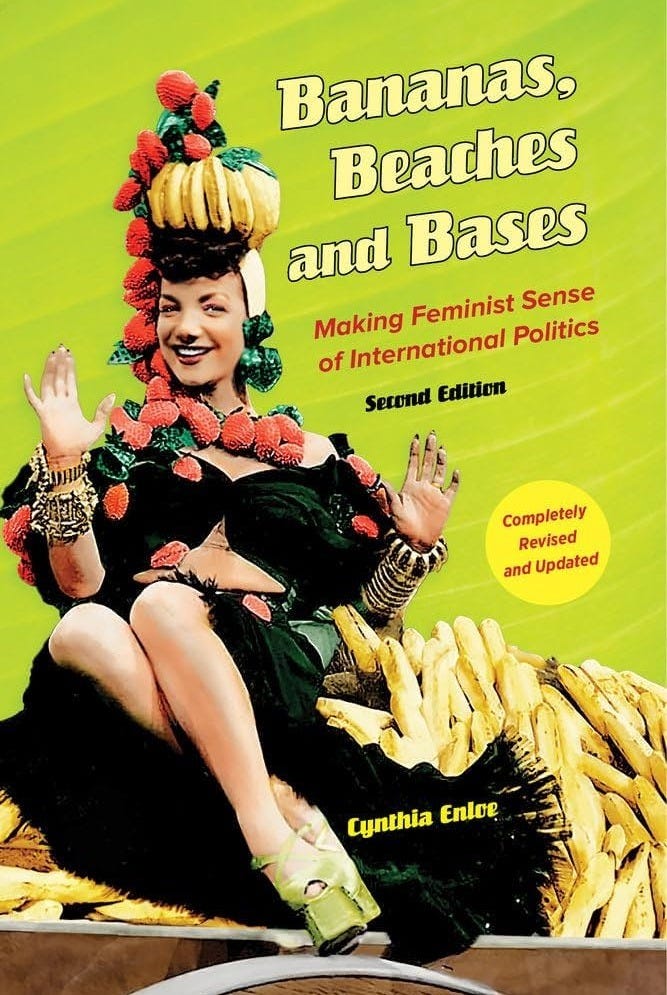Base Women and Beyond: a new project revives and extends feminist approaches to the everyday politics of military and nuclear installations
A collaboration led by Centre for Gender in Politics director, Dr Deiana and Dr Catherine Eschle, University of Strathclyde
This project is co-led by Centre’s director, Dr Maria A. Deiana, and Dr Catherine Eschle, from University of Strathclyde in Glasgow. It seeks to revive and extend feminist approaches to the everyday politics of military and nuclear installations. As a starting point, we follow Cynthia Enloe’s invitation to take women and gender seriously in the analysis of military bases in her classic chapter “Base women”. We aim to develop a more systematic decolonial feminist analysis of a variety of military/nuclear site-specific installations around the world, such as bases, laboratories, and training academies, in relation to the following three lines of enquiry:
• the infrastructures and quotidian practices through which these sites are sustained;
• how these sites are experienced by, and resisted in, local communities;
• the material and affective legacies they leave behind.
In order to study these aspects of military/nuclear installations, we propose an innovative synthesis of two hitherto separate fields of cutting-edge feminist scholarship, the first on the embodied, affective and performative aspects of militarism and the second on the coloniality of the global nuclear order. In so doing, we hope to expand critical understanding of the material geographies underpinning military/nuclear assemblages and the ways in which they are sustained and resisted in the everyday. We will thus contribute to the denaturalisation of such assemblages at a time when they are consolidating and intensifying around the globe.
In 2024, the project has received funding from the International Studies Association (ISA) to host a workshop at the ISA Annual Convention in San Francisco. The workshop included participants from a range of perspectives, disciplines and careers stages. In addition to Maria and Catherine, the participants were Carmina Untalan (postdoc at the University of Lisbon), Sylvia Frain (freelance documentary film producer), Lis Kayser (recent PhD from the University of Copenhagen), Jana Wattenberg (Marie Curie research fellow and Lecturer at the University of Aberystwyth), Silja Bára R. Ómarsdóttir (Professor of International Affairs at the University of Iceland) and Hebatalla Taha (Associate Lecturer at Lund University).


Having received further funding from the Independent Social Research Foundation, further collective research activities will centre on a 3-day intensive research workshop in which contributors will explore synergies in their existing case study material and participate in the construction of a coherent theoretical and methodological framework. It will result in further online meetings, a co-authored article and a special issue proposal.
Dr Eschle and Dr Deiana have also recently been awarded a British Academy Small Research Grant to examine the complex, contested legacies of nuclear bases once they have been dismantled. Building on a wide range of literature on everyday encounters with military and nuclear sites and what they leave behind, the project will compare the sites of past US nuclear submarine facilities at La Maddalena in Sardinia, Italy, and Holy Loch in Scotland, UK. We will use archival, oral history and walking methodologies to investigate the interplay of the remains of military infrastructure with landscape, community relationships and cultural memory. The project will draw out the implications of these two cases for wider understandings of how militarism and nuclear policy are sustained in the everyday - and how they might be undone.





